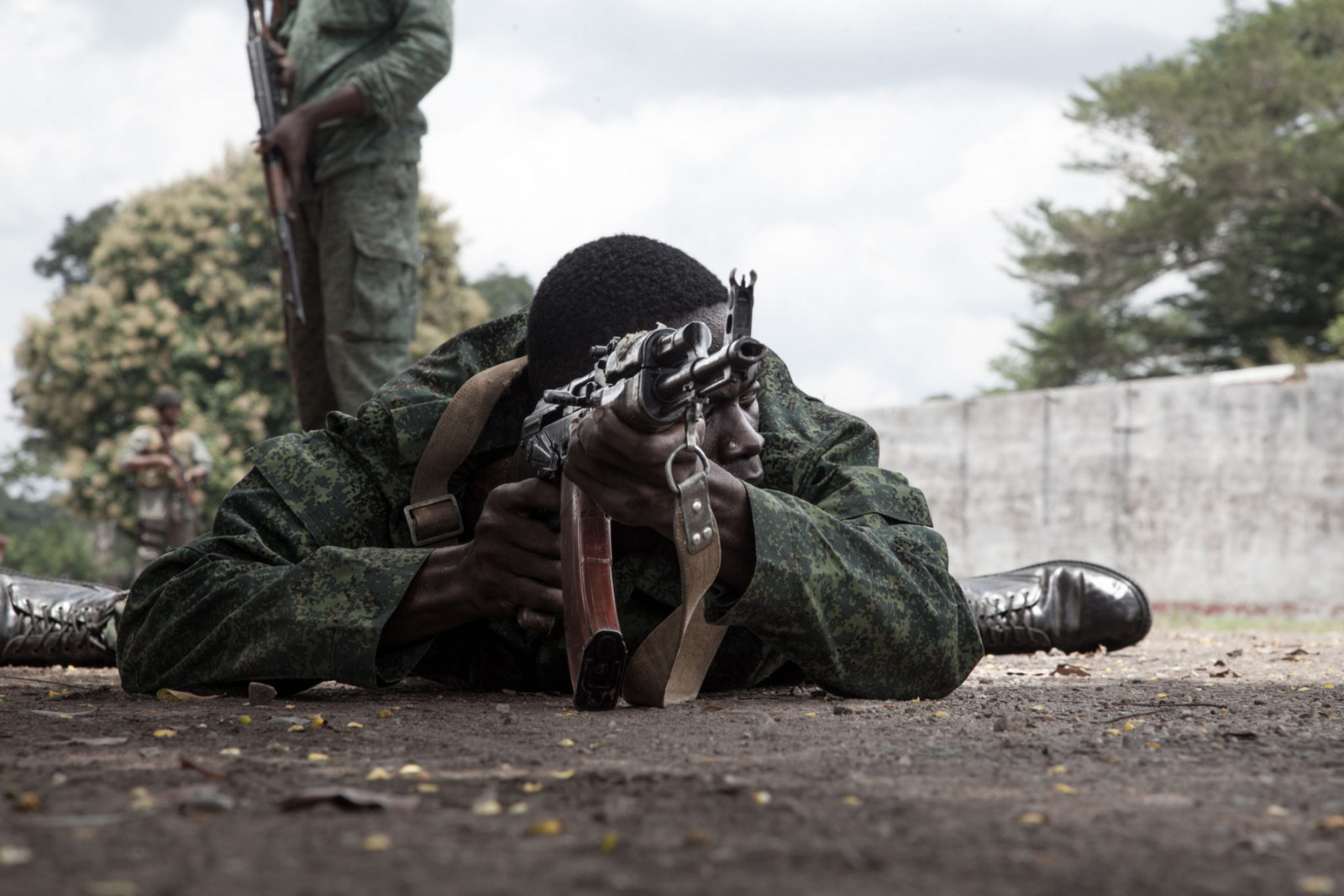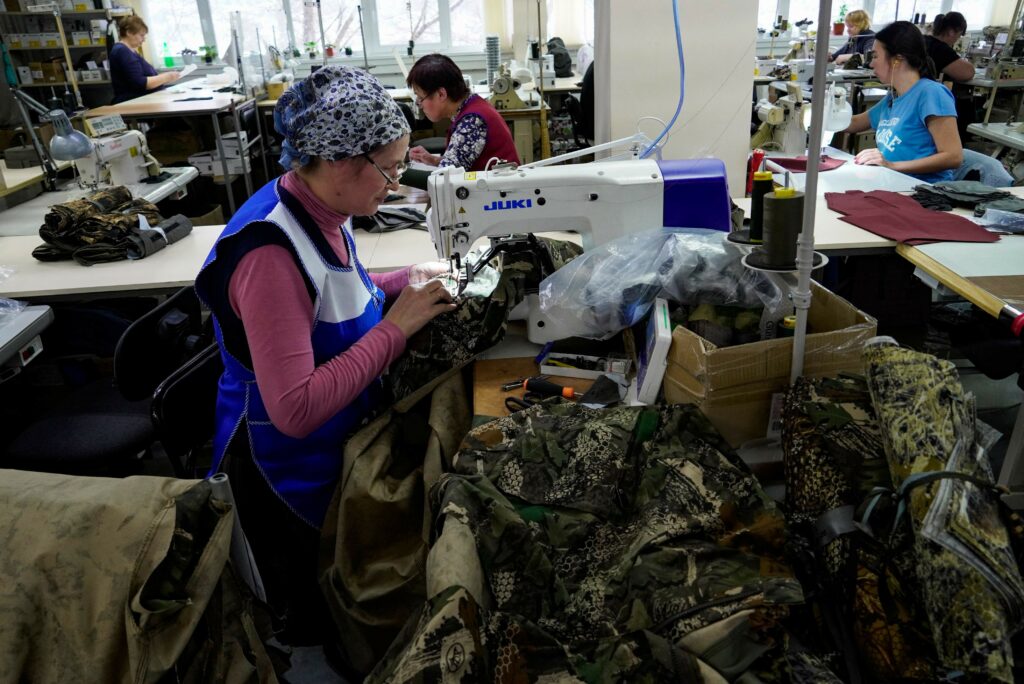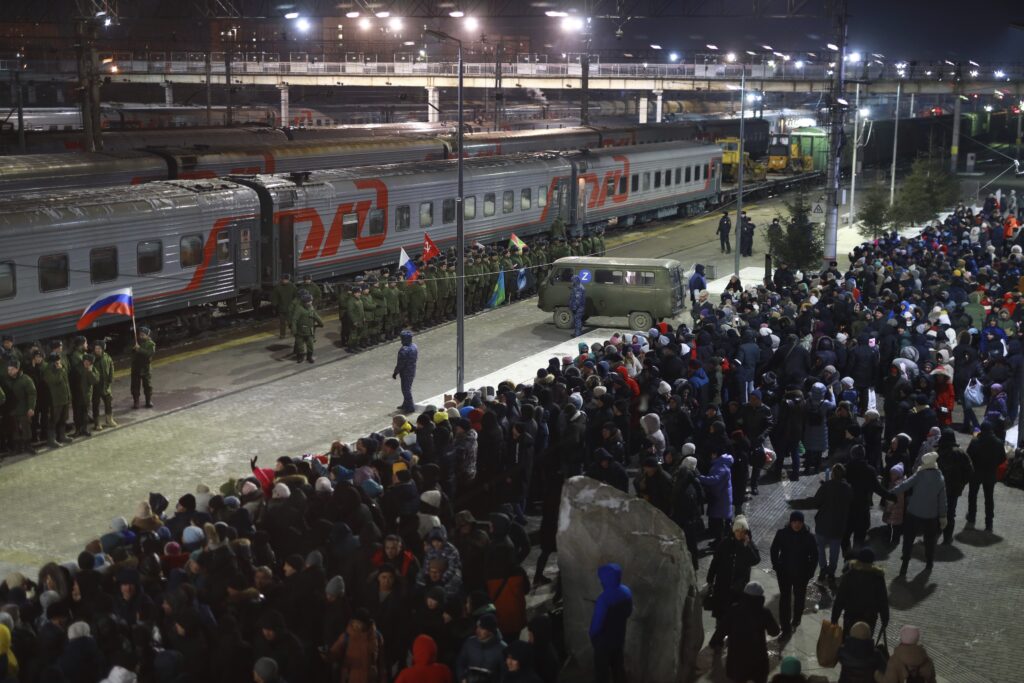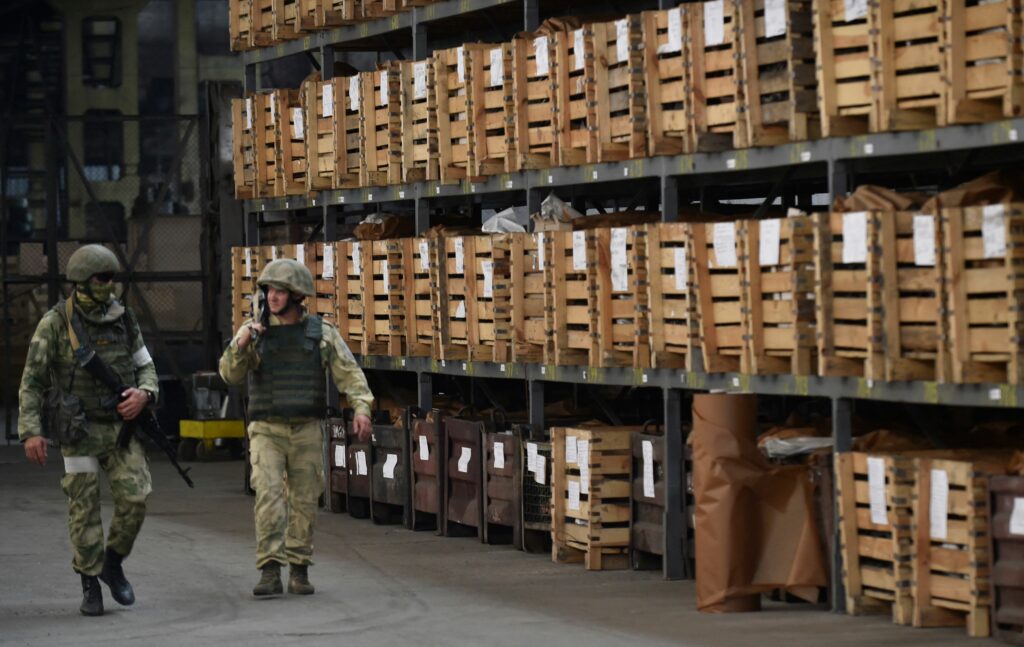While many Western countries have a tradition of private military corporations (PMCs), Russia’s own history of PMCs and mercenaries is distinct. Furthermore, the distinction between the two leads to complex questions, particularly relating to the Wagner Group, an organization which acts as a PMC, but is in fact a mercenary outfit. From 2017 onwards, it has been slowly making its way into Africa, in countries such as the Central African Republic, Sudan and Libya.
Founded in 2013, the Wagner Group has gained significant name recognition over the past few years. It is headed by Dmitry Utkin, a former colonel of Russian military intelligence (GRU). And it is suspected to be funded and supported by Yevgeny Prigozhin. They are operational in the Central African Republic, Syria, Ukraine, Yemen, Libya, and Sudan, where they work both with the Russian government as well as independently.
Unlike well-known companies such as DynCorp and Blackwater, Russia does not have the same domestic rules and regulations that the USA requires for PMCs and private security companies. In fact, according to Maria Zabolotskaya, a member of the Legal Division of the Russian Ministry of Foreign Affairs, “under Russian law, it is not possible to set up a PMC or use one abroad.” This is because PMCs are not regulated under Article 359 of the Russian Criminal Code, as mercenaries and their financing are not allowed. Furthermore, Article 208 prohibits the formation of armed groups – which is backed up by Article 13 of the Russian Constitution. However, these laws are neither followed nor enforced nor clearly understood by Russian law. Even an effort to pass a law in the Russian Duma in 2018 that would have defined PMCs in Russia was rejected by the Ministry of Defense.
How then does one explain the so-called Wagner Group or another well-known Russian private military company, the RSB Group? The answer lies in the distinction given between PMCs and mercenaries. Yet, it is not easy to answer given that it can be hard to distinguish between Russia’s legal private military contractors (PMCs) and state-sponsored mercenaries.
Many claim that the Wagner Group acts as a Russian paramilitary force. But it is more likely that what has made it effective is its ability to work closely with the Russian government due to Prigozhin’s relationship with Russian President Vladimir Putin. Contrary to many other oligarchs, Prigozhin was not one of the known criminals who used the chaos of the 1990s to gain a foothold in the new power structure of Russia. He is known, instead, to work on “unsavory jobs.” One such example is the well-known Internet Research Agency, the agency responsible for interfering in the 2016 American presidential election, for which Prigozhin was both sanctioned and indicted by the US Justice Department. According to Lyubov Sobol, “He is not afraid of dirty tasks… he can fulfill any task for Putin, ranging from fighting the opposition to sending mercenaries to Syria… He serves certain interests in certain spheres and Putin trusts him.”
The transition to working in the shadowy world of mercenary work is hence no surprise. Particularly as Putin’s and Prigozhin’s relationship grows ever closer. Closer ties at the top may offer more opportunities for the Wagner Group to branch out and become more active. Though the Wagner Group suffered a setback in the Syrian battle of Deir Al-Zour, they are still active throughout Africa, the Middle East and Ukraine. Sudan and the Central African Republic are Wagner’s two large centers of influence; however, Yemen is not far behind. In September 2018, reports emerged confirming the deployment of the Russian mercenaries to Yemen. While its methods vary state per state, the business model used both in Syria and the Central African Republic is such that Wagner offers private troops to leaders, whether that be Syria President Bashar Al-Assad or Central African Republic President Faustin-Archange Touadera, in exchange for oil profits. However, the relationship between Wagner and Africa is far more complex than one simple business model.
Central African Republic
Perhaps the Wagner Group’s most ubiquitous presence is in the Central African Republic, due to the recent media onslaught. Three journalists, Orkhan Dzhemal, Aleksander Rastorguyev and Kirill Radchenko were killed in July 2018 while investigating the Wagner Group’s presence in the CAR. While there is no objective report stating that Wagner had anything to do with the murders, former Russian oligarch Mikhail Khodorkovsky has alleged that he has proof of Russian involvement and if anything, this incident has brought the Wagner Group’s activities to a spotlight.
However, Russia and indirect Wagner presence in the CAR did not begin in 2018. As early as December 2017, Russia obtained a UN exemption to the CAR arms embargo. This allowed Russia to supply light weaponry in 2018. Weapons, though, were not the only export sent to the CAR. Russia also sent along military personnel. This included the Wagner Group to protect both the government as well as mining facilities. CAR President Faustin-Archange Touadera claimed the troops were to “train our forces in combating plunderers.” As recent as January 2019, the Minister of National Defense in the CAR also suggested a Russian military base might be upcoming. This development would add to Russia’s expansion on the African continent for a very small price. Russia’s foreign policy aims are ultimately to be recognized as a Great Power; part of that is expanding its global reach.
Sudan
Although the Central African Republic is host to most of the headlines for the Wagner Group’s presence in Africa, it was also reported in July 2018 that Russian soldiers were sighted in south Darfur. This was confirmed by Sudanese President Omar Bashir, who stated that “A big number of Russian specialists work in our country and this is why we highly praise the role your country plays in preparing Sudanese military personnel.” Again this presence is to be expected. Stratfor reported that the Wagner Group sent employees to Sudan in January 2018 to protect gold, uranium and diamond mines. In fact, Russian presence in Sudan was revealed as early as December 2017 when a video was published showing a Russian individual training Sudanese soldiers.
Yet as recent as December 2018, the Conflict Intelligence Team reported social media posts suggesting the Wagner Group was not only protecting assets, but also operating within Sudan’s cities. Photos from the region suggest Wagner Group operatives might be working with Sudanese military and security services. Furthermore, Russian Foreign Ministry spokeswoman Maria Zakharova has stated as recently as January 23, 2019 that “according to our information, representatives of Russian private security companies, who have nothing to do with Russian state bodies, are operating in Sudan.” In this statement, Zakharova is referring to the Wagner Group and has claimed that the operations of these companies are purely for training Sudanese military and law enforcement staff.
Libya
The Wagner Group is also suspected of being present in Libya at the end of 2018. In a meeting between Russian Defense Minister Sergei Shoigu and Libyan marshal Khalifa Haftar, Prigozhin was not only present but a full participant in discussing the possible transfer of further Wagner mercenaries to Libya. Moreover, Russian news outlet RBC confirmed Russian forces were already in Libya by October 2018 and supporting Haftar. This support includes allegedly dozens of special forces and two military bases in Tobruk and Benghazi.
The Wagner Group’s presence in Africa illustrates the benefits that mercenaries can offer Russia. It allows Russia to create an indirect military presence abroad subtly. It also takes away much of the risk that a normal incursion would involve. Given the uncertain domestic regulations within Russia, mercenaries offer the Russian government deniability for their actions. At the same time, they give Russia an instrument for completing tasks that otherwise impossible via legal routes. In Africa, mercenary outfits like the Wagner Group allow Russia to expand their influence without committing to the actual mission in question.
As armed conflict is not the main reason for Russia’s action in Africa, mercenaries are still a useful tool. It opens up the possibility of Russia as a partner in many of these states that need military support and resources. Russia is happy to provide these, for a price.
Russia’s ambitions to become a global power are stymied somewhat by increased sanctions by Western countries. However, with growing influence in Africa, Russia may be able to make the case that it does not matter what other countries within Europe as well as the United States believe international norms preclude. Rather, it may argue that expanding its global reach and ambitions can occur without the support of the current international world order.










